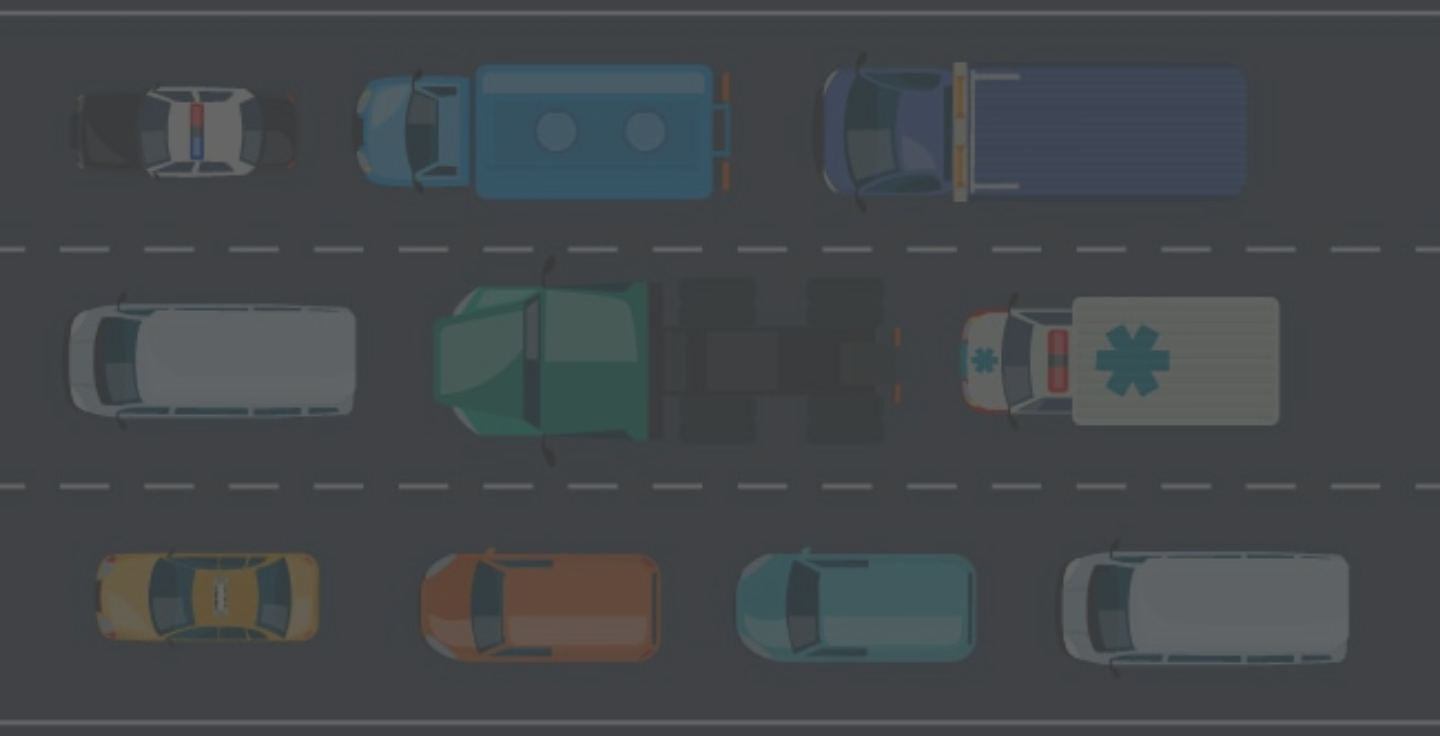

The industry is undergoing revolutionary change driven by developments in telecommunications, social media and IoT technology. To succeed in the emerging mobility ecosystem, transportation providers must transform from a traditional business model by embracing end-to-end mobility services.
The proliferation of connected devices and advances in autonomous technology are transforming consumers’ views of transportation. The Global Mobile Suppliers Association (GSMA) reports that vehicles are emerging as the new platform for a wide range of media and services, and that up to two-thirds of new vehicles sold by 2025 are likely to be connected. While fully autonomous vehicles inch closer to regulatory approval for the public, automakers are already investing in semi-autonomous safety features and advanced driver-assistance systems that are expected to reduce accidents, lower insurance rates and help to gain consumer acceptance for the reality of self-driving cars.
In recent years, consumer behavior has been shaped by the growth of mobility-as-a-service (MaaS) firms that provide ride-sharing, e-hailing and car-sharing services. In metropolitan areas, the ease and accessibility of hailing a car with a mobile app has made MaaS a top choice for local transportation.
Amid changing consumer behavior concerning automobiles and transportation, long-held business models are shifting within the automotive and transit industry. Here are just a few of many challenges transport companies face each day:
CustomerServ provides deep experience in the transportation industry, helping leading auto-tech, ridesharing, medical and non-medical transportation companies provide a seamless solution. CustomerServ’s expertly selected call center vendors focus on the needs of automotive, para-transit, assisted mobility, and auto-tech companies provide a world-class customer experience and technical ecosystem providing omni-channel solutions that transcend the traditional call center. The growing demands of consumers and the need for digital touch-points requires call center vendors that are offering tomorrow’s contact center solutions and technology, today.

The entire customerserv.com website is © Copyright 2022 by CustomerServ, Ltd. All Rights Reserved.
The customerserv.com site and its content may not be copied or duplicated in whole or part by any means without express prior agreement in writing.
Some photographs or documents contained on the site may be the copyrighted property of others; acknowledgment of those copyrights is hereby given.
All such material is used with the permission of the owner.